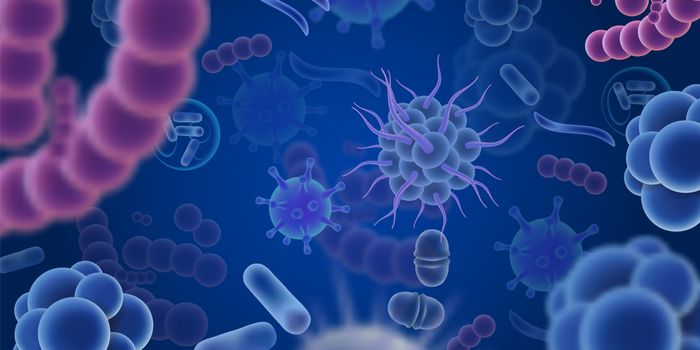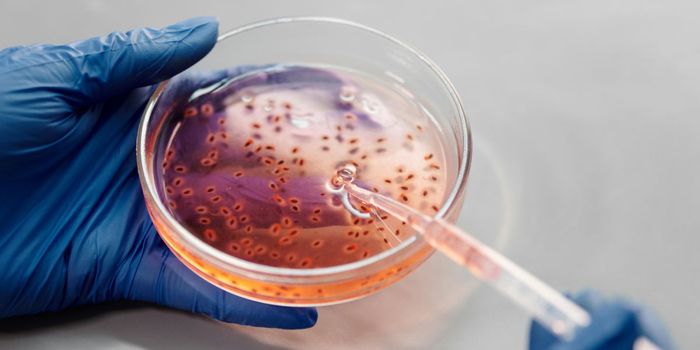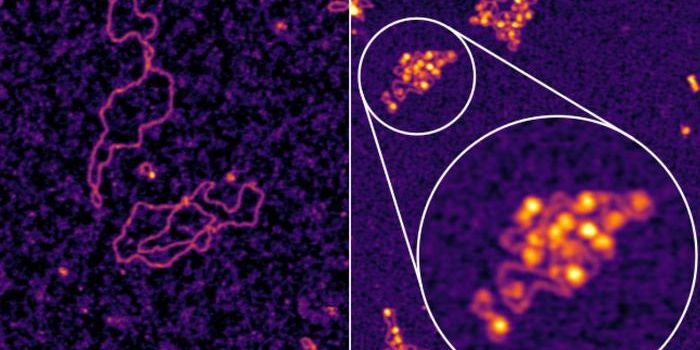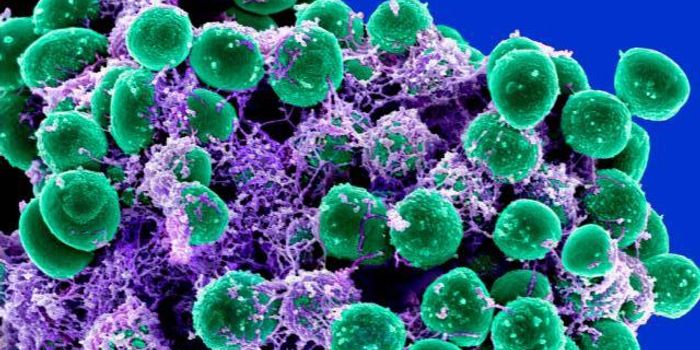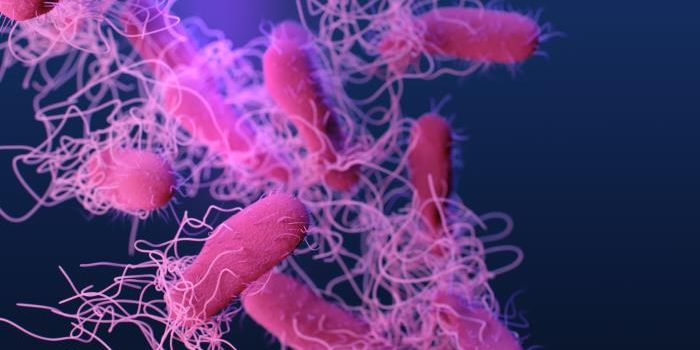How Pumping Impacts the Breast Milk Microbiome
There is an ever-increasing body of evidence connecting human health to the bacteria that live in and on our bodies. It appears that the foundations of our microbiome are laid before we are even born, and events like our birth have a major impact on its development. New research involving humans has suggested that microbes are impacted by pumps and other microorganisms in the mouth of the infant. The findings have been reported in Cell Host & Microbe.
“To our knowledge, this is among the largest studies of human milk microbiota performed to date," noted the senior author of the study Meghan Azad, a researcher at Children's Hospital Research Institute of Manitoba and a Canada Research Chair in Developmental Origins of Chronic Disease at the University of Manitoba. “This study considerably expands our understanding of the human milk microbiota and the factors that might influence it. The results will inspire new research about breastfeeding and human milk, especially related to pumping.”
Breast milk, once considered sterile, is now known to carry low levels of bacteria. There is still a lot more research to be done before we know how those microbes impact the infant’s microbiome, but they may be closely connected.
Research has suggested that the developing microbiome can impact health conditions later in life, and when the infant microbiome is disrupted, it may increase the risk of health problems like allergies and obesity.
Related: The Earliest Influences on the Microbiome Have a Lasting Impact
Azad and colleagues want to help fill in some of the gaps in our knowledge of the infant microbiome. They assessed samples of milk from 393 healthy mothers between three and four months after they delivered. Among the mothers, there was a lot of variability in the microbial composition of breast milk, and the only factor that could be directly connected to the composition of the various breast milk microbiomes was whether it was pumped or not.
When at least one serving of breastmilk in two weeks was pumped, there were higher levels of potentially pathogenic microbes like Stenotrophomonas and Pseudomonadaceae.
"Increased exposure to potential pathogens in breastmilk could pose a risk of respiratory infection in the infant, potentially explaining why infants fed pumped milk are at increased risk for pediatric asthma compared to those fed exclusively at the breast," explained the first author of the study Shirin Moossavi of the University of Manitoba. More work will be needed to confirm that hypothesis.
On the other hand, direct breastfeeding was linked to better diversity in the microbiome, and microbes that are usually found in the mouth. Direct breastfeeding may, therefore, encourage the growth of oral microbiota in infants, but indirect breastfeeding can have higher levels of bacteria associated with the environment - or pumps.
Related: How Vaginal and C-section Delivery Impact a Baby's Microbiome
“Our study contributes new evidence to the ongoing debate regarding the origins of milk microbiota," Azad said. "Contrary or in addition to the hypothesis that milk bacteria come from the mother's gut, our results suggest that the infant's oral bacteria are important in shaping the milk microbiota. Mechanistic studies are needed to confirm this, but if true, it could provide exciting new opportunities for understanding and modifying the milk microbiota.”
In addition, the scientists observed that the milk microbiome composition was different depending on the sex of the infant.
The authors want to know more about whether that’s because the microbes are derived in part from the infant oral cavity. They plan to pursue multiple lines of work, including investigating the link between infant health and milk microbiota. “This work could have important implications for microbiota-based strategies for early-life prevention of chronic conditions,” added Azad.
Sources: AAAS/Eurekalert! via Cell Press, Cell Host & Microbe


![[Guide] 7 Strategies to Boost Laboratory Collaboration](https://d3bkbkx82g74b8.cloudfront.net/eyJidWNrZXQiOiJsYWJyb290cy1pbWFnZXMiLCJrZXkiOiJjb250ZW50X2FydGljbGVfcHJvZmlsZV9pbWFnZV83YzBjZWIwM2Y5YzI4MmFlYzBhZDZhMTcyNTQ1ZGU3YmE4Y2MzMDYyXzUxNDkuanBnIiwiZWRpdHMiOnsidG9Gb3JtYXQiOiJqcGciLCJyZXNpemUiOnsid2lkdGgiOjcwMCwiaGVpZ2h0IjozNTAsImZpdCI6ImNvdmVyIiwicG9zaXRpb24iOiJjZW50ZXIiLCJiYWNrZ3JvdW5kIjoiI2ZmZiJ9LCJmbGF0dGVuIjp7ImJhY2tncm91bmQiOiIjZmZmIn19fQ==)
